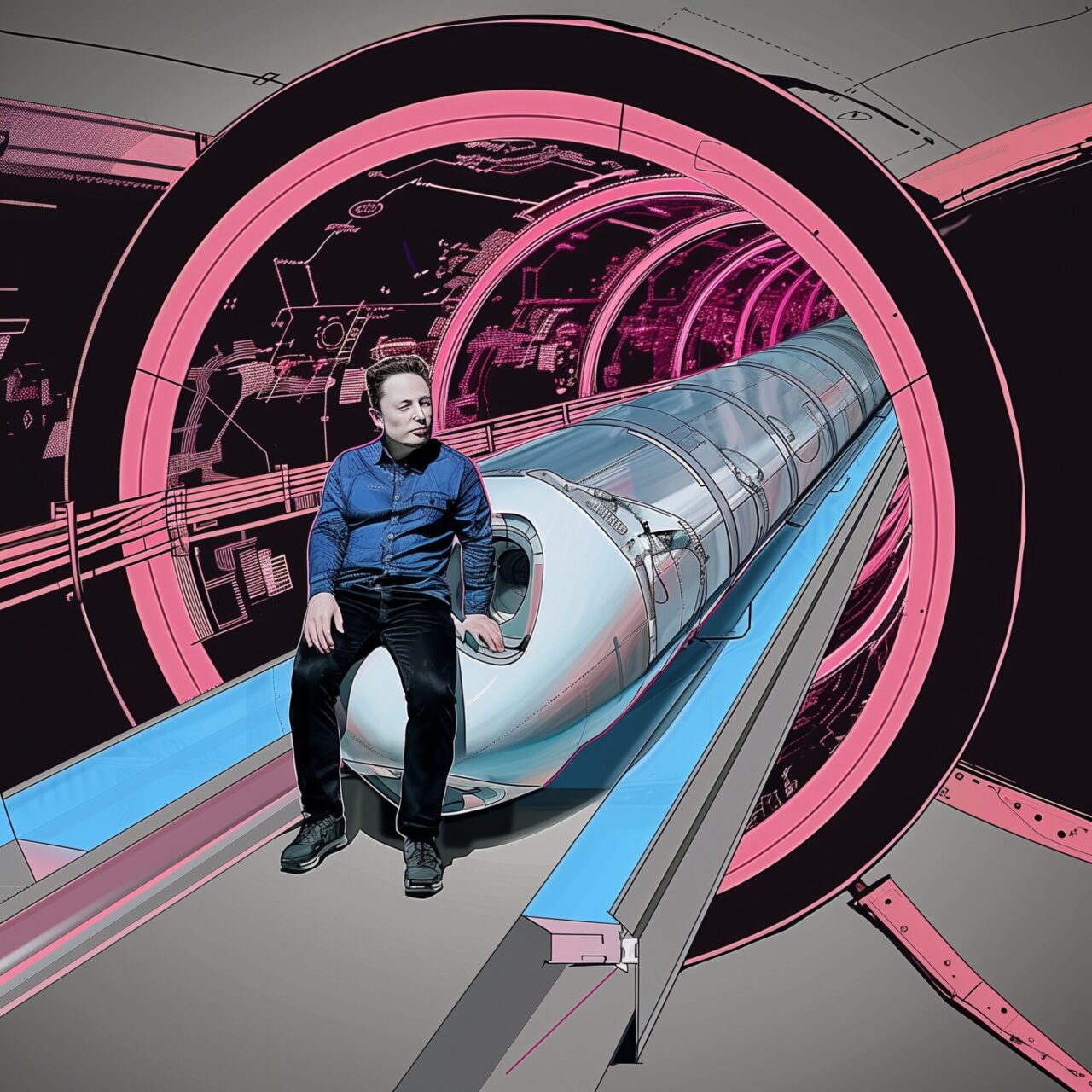
Konrad Zuse
In the history of computer science, one figure stands out who is often overshadowed by more popular names such as Alan Turing or John von Neumann: Konrad Zuse. This German engineer and inventor was far ahead of his time and laid the foundations for the modern digital revolution with his invention, the world’s first functional programmable computer.
Z3, the world’s first functioning computer
Born in 1910 in Deutsch-Wilmersdorf, Zuse began his pioneering work in the early 1930s, at a time when computers were still the size of open-plan offices and worked exclusively electromechanically. Unhappy with the tedious manual calculations he had to perform as an engineer, Zuse began developing his first calculating machines, the Z1, in his parents’ living room. But his true masterpiece was the Z3, completed in 1941, the world’s first fully automatic, programmable calculating machine based on the binary number system and Boolean logic.
Zuse’s innovations
Zuse’s contributions to computer science are not limited to his machines. He also developed one of the first functional programming languages, the “Plankalkül”, which already contained concepts of modern programming such as loops, conditional statements and the processing of arrays. Although the “Plankalkül” was never fully implemented during Zuse’s lifetime, it demonstrated the potential of programming languages to solve complex mathematical and technical problems.
The war and the fate of the Zuse machines
Work on Zuse’s computers was severely affected by the Second World War. Several of his early models were destroyed by bombing raids, and research often had to continue under difficult conditions. Ironically, the Nazi regime saw no immediate military benefit in Zuse’s work, which meant that these innovations remained unused for a long time.

The legacy of Konrad Zuse
After the war, Zuse founded Zuse KG in 1949, which produced and distributed the Z4, the world’s first commercial computer. Despite his pioneering work, Zuse remained relatively unknown to the general public, especially in comparison to his American contemporaries. It was not until many years later that his importance to computer science was fully recognised.
The story of Konrad Zuse raises interesting questions about the nature of scientific innovation and memory. In a world written by winners, those who stand in the shadows often go unnoticed. Zuse’s life and work provide a fascinating case study of the interplay between technology, war and memory.
Zuse died in 1995, widely recognised and honoured for his contributions to computer science, but the full scope of his vision may never be fully appreciated. His hero’s journey from humble beginnings to recognised pioneer reflects a pattern shared by many innovators in the history of technology. In the narrative of his life, we find not only the birth of computing, but also a deeper reflection on the price of progress and the fragile nature of human inheritance in the fast-paced world of technology.



